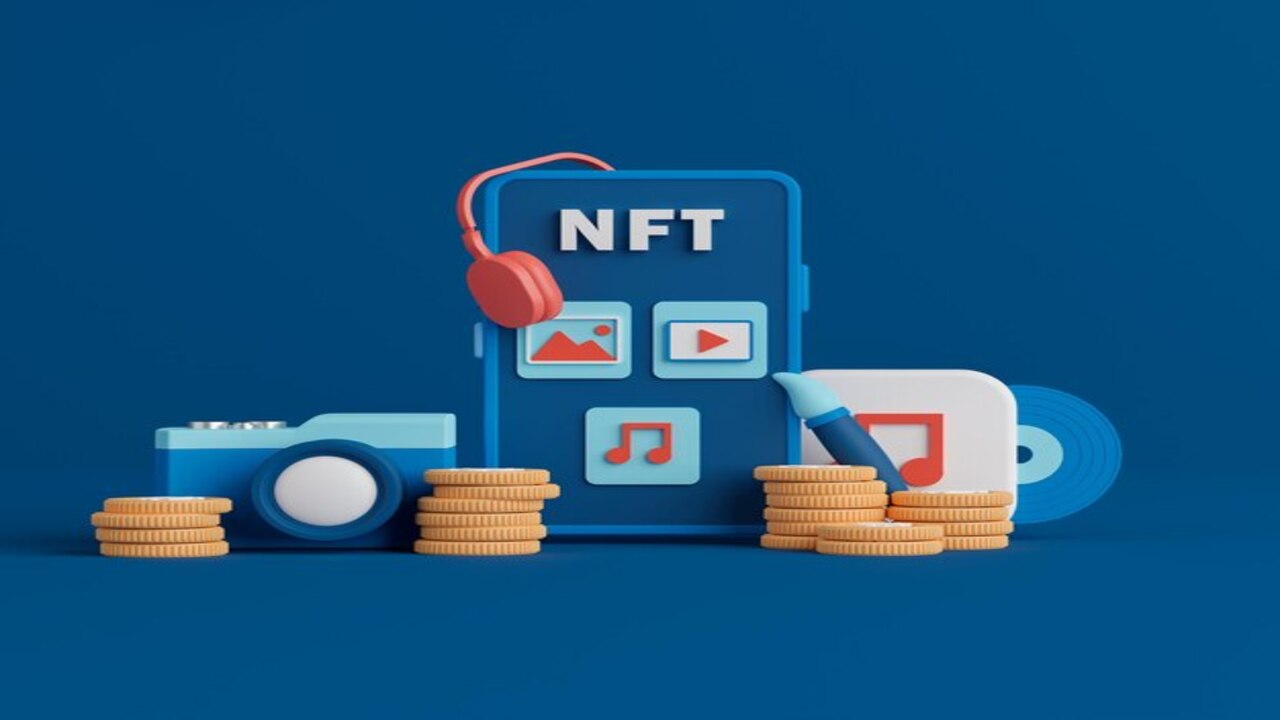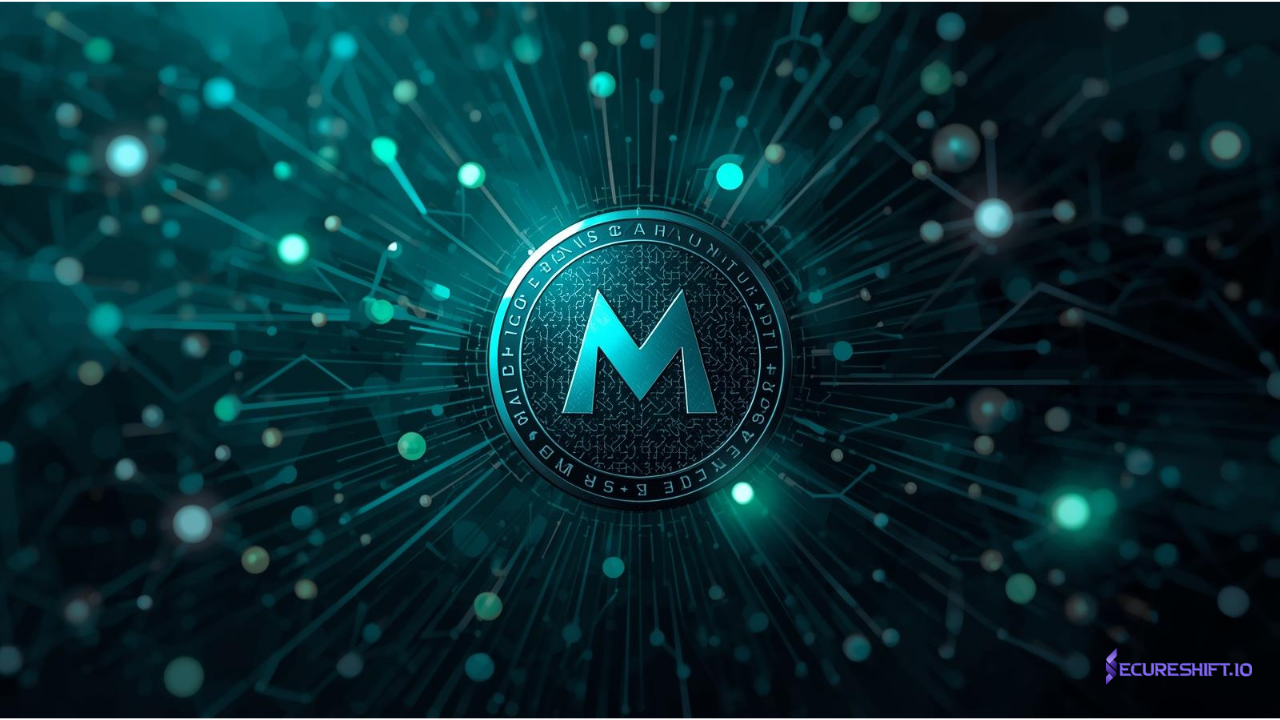
Unlocking the Potential of Non-Fungible Tokens (NFTs): A Closer Look
Non-fungible tokens, or NFTs, have become one of the most talked-about topics in the cryptocurrency space in recent years. These unique digital assets have captured the attention of artists, musicians, and collectors alike, offering a new way to create, own, and trade digital content. In this article, we'll take a closer look at what NFTs are, how they work, and their potential impact on the future of digital content.
What Are NFTs?
At their core, NFTs are digital assets that represent ownership of a unique item, such as a piece of artwork, a music album, or even a tweet. Unlike cryptocurrencies like Bitcoin or Ethereum, which are interchangeable and have no intrinsic value, NFTs are non-fungible, meaning they cannot be exchanged for one another on a one-to-one basis. Each NFT is unique, and its value is determined by factors such as rarity, demand, and historical significance.
How Do NFTs Work?
NFTs are created using blockchain technology, the same underlying technology that powers most cryptocurrencies. Each NFT is stored on a decentralized network of computers that maintain a public ledger of all transactions. This ensures that the ownership of the NFT can be easily tracked and verified, providing a level of transparency and trust that is not possible with traditional ownership records.
To create an NFT, an artist, musician, or other content creator can use a platform that specializes in NFTs, such as OpenSea, Rarible, or Nifty Gateway. The creator can upload their digital content, such as a piece of artwork or a song, and mint it as an NFT. This process involves creating a unique cryptographic code that is associated with the content, essentially "locking" it into the blockchain. Once minted, the NFT can be bought and sold on various marketplaces or held as a unique digital asset.
Impact of NFTs
NFTs have the potential to revolutionize the way we think about digital content ownership. By providing a secure and transparent way to track ownership of unique digital assets, NFTs offer a new way for creators to monetize their work and for collectors to invest in rare and valuable pieces of digital art or music. However, there are also concerns around the environmental impact of NFTs, as the energy-intensive process of mining cryptocurrencies can contribute to carbon emissions.
In conclusion, NFTs are a fascinating development in the world of cryptocurrency, offering a new way to create, own, and trade unique digital assets. As the technology continues to evolve, it will be interesting to see how NFTs are adopted and how they impact the wider world of digital content ownership.



